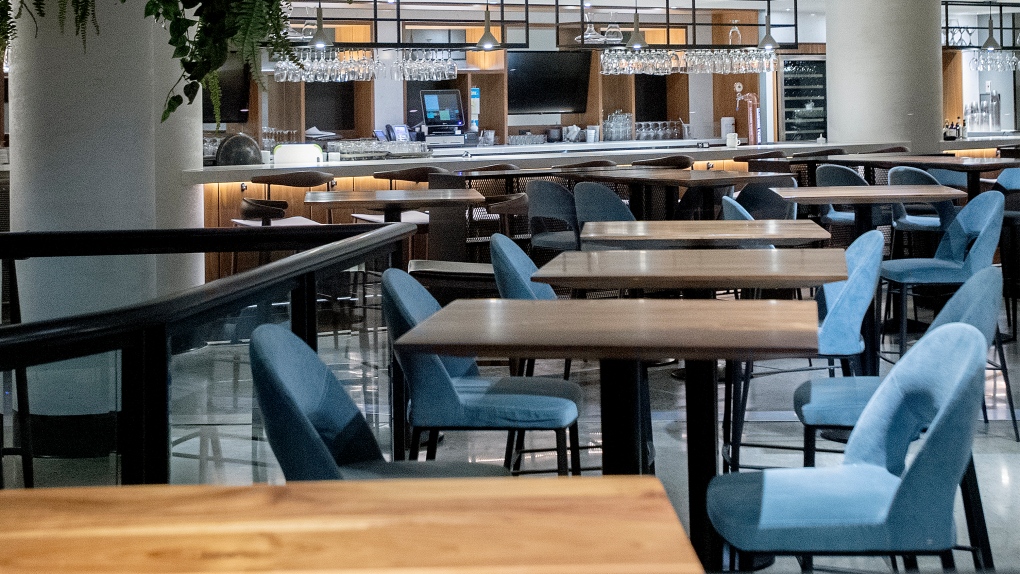Quebec food distributor concerned as many restaurants not reopening

Food distributor Colabor said that after two years of seeing their businesses weakened by the pandemic and health restrictions, many restaurant owners seem ready to hang up their aprons
About 17 per cent of Quebec restaurateurs have not taken the necessary administrative steps to obtain a permit to reopen their doors between February 2020 and January 2022, according to a report by the Quebec Restaurant Association (ARQ).
“It tells us that’s the proportion of closed restaurants that may or may not reopen,” said Colabor CEO Louis Frenette as he was discussing fourth-quarter results with financial analysts.
“The restaurants that are closing are the smaller ones, so it doesn’t represent a perfect correlation with the size of the market“The Boucherville-based company has been trying to revive its business for several years. Having arrived at the helm at the end of 2019, Frenette saw his intentions upset by the pandemic that shut down many of his restaurant customers.
“The drop in potential demand in the market, however, is less than the proportion of establishments that are disappearing,” he said. “The restaurants that are closing are the smaller ones, so it doesn’t represent a perfect correlation with the size of the market.”
Frenette said that only delivery and take-out were allowed for about half of 2021 in Quebec, which “significantly decreased the demand for this segment.”
After a third wave of restaurant closures in Quebec, restaurants were again allowed to open their doors on Jan. 31 with capacity restrictions, mask mandates and vaccination requirements.
The full reopening without capacity restrictions is scheduled for March 14.
STOCK JUMP
Colabor’s stock rose nearly 10 per cent in morning trading as management made more optimistic comments about its strategic plan than it did in previous quarterly results.
The stock was up 7 cents, or 9.72 per cent, at 79 cents on the Toronto Stock Exchange.
In November, Frenette said he was having trouble hiring to meet demand, which was delaying the execution of his strategic plan.
The executive was more optimistic Monday, citing “significant improvements” in operations.
The Boucherville-based company has adopted new compensation packages to make it more attractive as an employer. It also claims to have made productivity gains.
The company has 500 private label products now that the redesign of its offering is complete.
“All of these projects have contributed to growth,” he said.
Frenette said his company is able to pass on the food inflation bill to its customers. He estimates that inflation was 3.5 per cent for all of 2021 for his company.
Inflation and the fact that more restaurants were open in the last three months of the year, compared to the same period in 2020, contributed to the increase.












